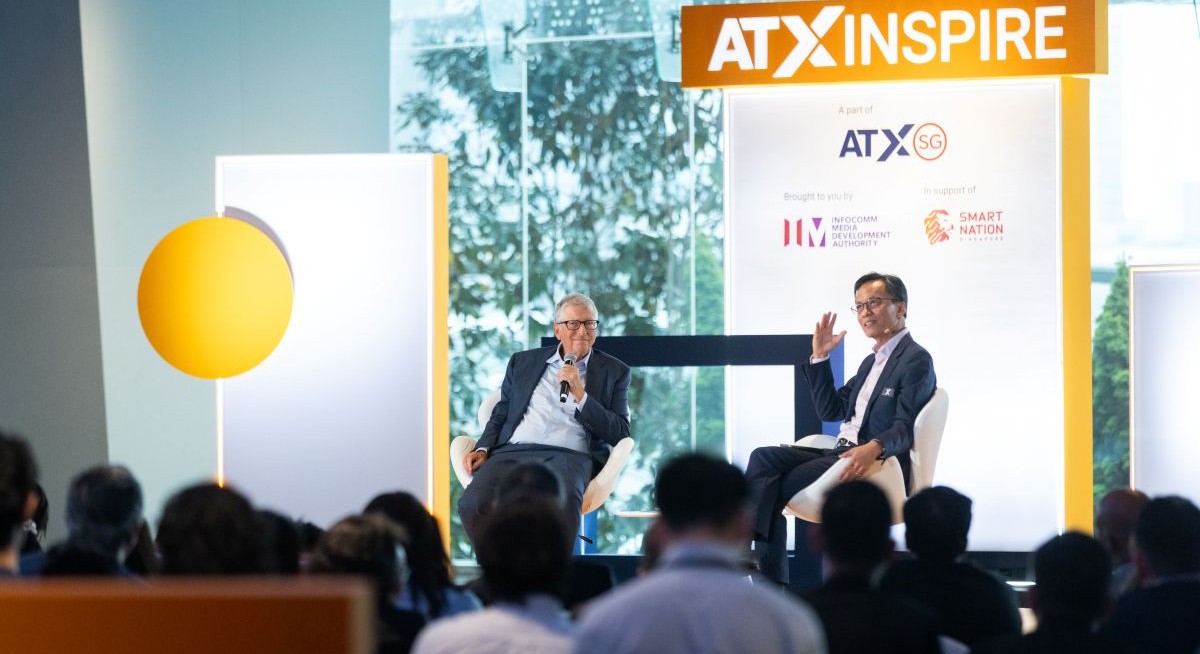He continues: “There are some things capitalism doesn’t do a good job of. For example, malaria is a disease that is only in poor countries, and those poor countries can’t create the tools to solve that problem.”
Since the Gates Foundation began funding malaria programmes in the early 2000s, child mortality due to the disease has dropped dramatically. "[By hiring a team, devoting resources] and working with partners to understand nutrition and developing low-cost vaccines, we've cut the death rate of malaria in half – from 10 million children dying a year in 2000 to now under 5 million,” says Gates.
Beyond malaria, the foundation is targeting diseases with no commercial upside like rotavirus and tuberculosis and neglected tropical illnesses like polio and measles. “We have to fund all of the work for these diseases that aren’t profit-driven [to save more lives in the underserved places],” emphasises Gates. “It’s a strange world we’re living in... I wish I had competition in malaria, malnutrition and others but I have essentially no competition [unlike in the commercial space like robotics or foundational models].”
Additionally, the non-profit is focusing on projects addressing long-term pressing issues in education and agriculture.
See also: Why financial institutions invest in communities, not just markets
AI’s role
Gates is optimistic that AI will help close global inequality gaps as long as access is democratised. He predicts AI will become “essentially free”(or more accessible) within the next decade, enabling low-income communities to tap into virtual doctors, tutors and agricultural advisors. “
“Past [tech/ AI] advances were mainly about making humans more productive. [Now, we’re talking about] general intelligence that could be a bigger solution to things, so it’s more profound,” says Gates.
See also: Social investor network AVPN launches regional hub in Abu Dhabi
Gates pointed to AlphaFold, Google DeepMind’s AI system that predicts a protein’s 3D structure from its amino acid sequence, as a breakthrough that could speed up drug discovery. “Because biology is complicated, AI is the perfect tool to capture the richness of what’s going on at the cell, organ, and individual human levels,” he says.
However, developing AI-powered solutions and scaling them in low-income countries will require philanthropy. “We’ll get some help from the big tech companies, but they alone would not prioritise the work in terms of getting the data sets, deploying, training and making sure the solutions work well [on the ground],” says Gates.
To deepen partnerships in the global health and development in Southeast Asia, the Gates Foundation announced on May 5 its plans to open an office in Singapore.
Backed by the Singapore Economic Development Board, the move underscores the foundation’s commitment to working alongside countries and partners to help more people live healthy and productive lives, and to accelerate progress toward achieving the United Nations' Sustainable Development Goals.
“As the Gates Foundation marks 25 years of working to advance health and equity around the world, we are reminded that lasting progress is only possible through strong partnerships. Together, we can accelerate progress in maternal, newborn, and child health, tackle infectious diseases, and help ensure healthier, more equitable futures for generations to come,” says Hari Menon, director, South and Southeast Asia, Gates Foundation.




